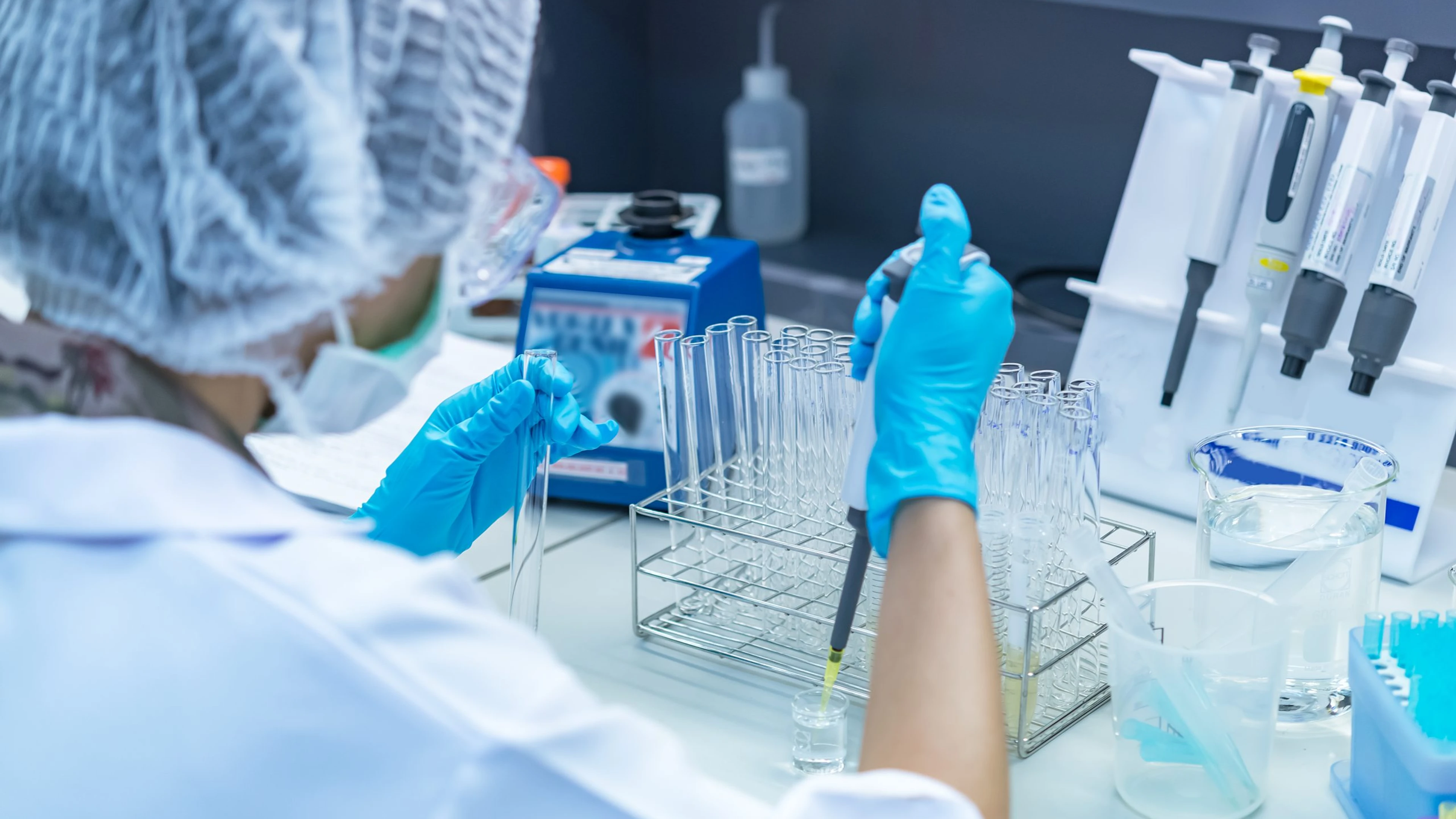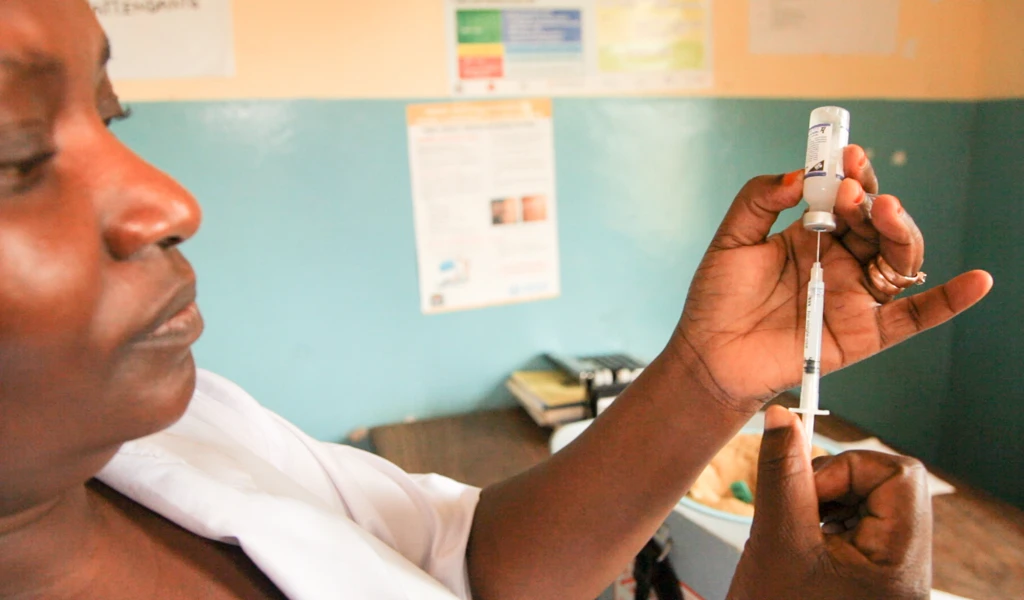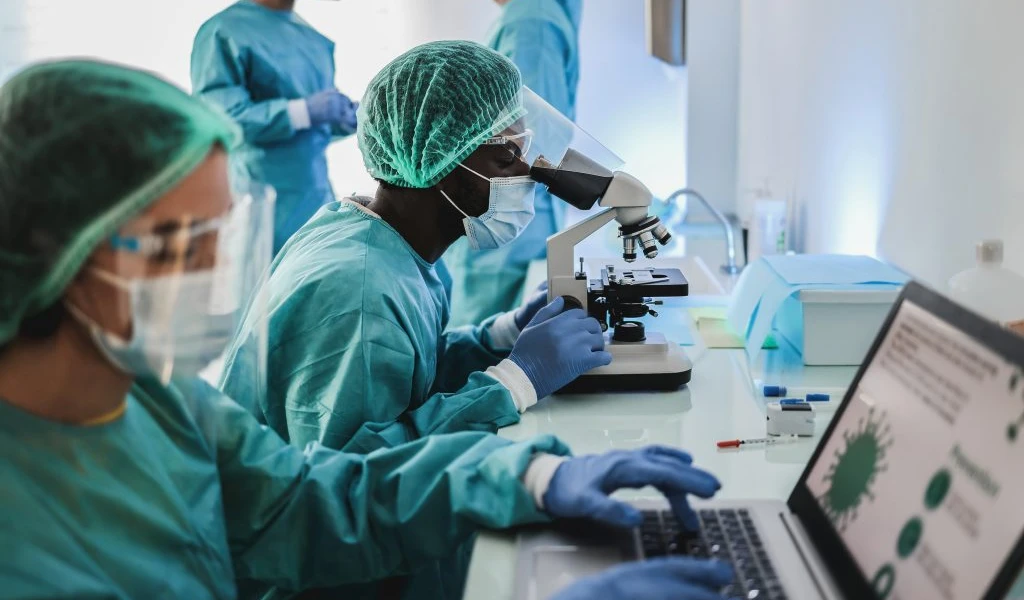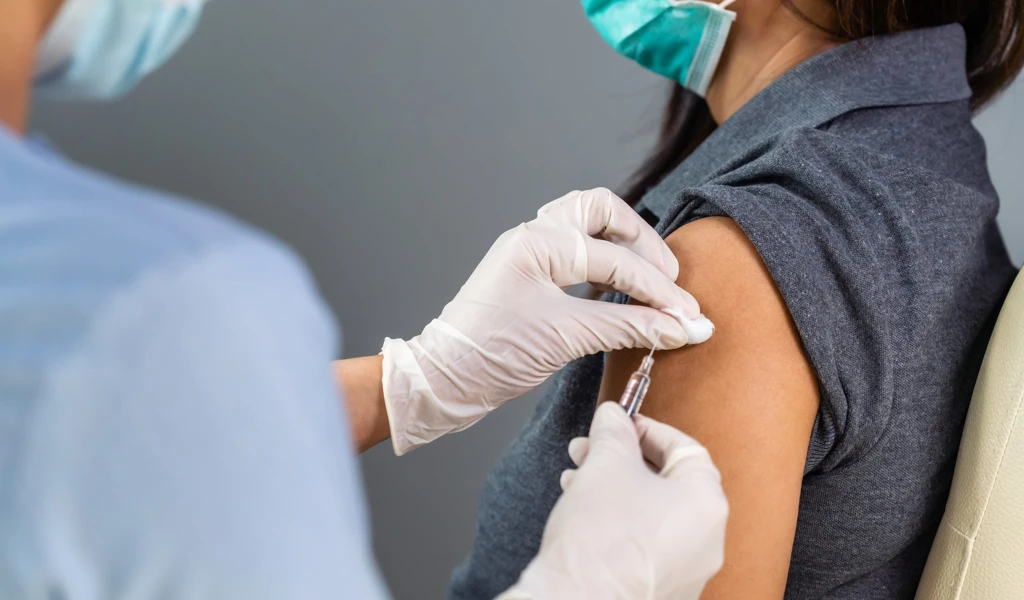CEPI expands global footprint of its COVID-19 vaccine lab network, and opens testing against Variants of Concern

From July 2021, all COVID-19 vaccine developers, worldwide, are invited to use the network to evaluate their candidate vaccines against SARS-CoV-2 variants.
New research laboratories at the Universidad Nacional Autónoma de México (UNAM), in Mexico City, also join the global network using same tests and methods to harmonise assessment of COVID-19 vaccine performance.
Since its launch in October 2020, over 20 COVID-19 vaccine developers have used the CEPI's centralised labs for testing, analysing over 6,000 samples.
May 14, 2021, Oslo, Norway and Mexico City, Mexico - The Coalition for Epidemic Preparedness Innovations, or CEPI, will expand its centralised laboratory network—a global initiative to harmonise the assessment of COVID-19 vaccine candidates undergoing testing—to also evaluate clinical trial samples against priority Variants of Concern. From July, all COVID-19 vaccine developers will be invited to test performance of their vaccines, including those already being rolled out around the world, against B.1.1.7, first identified in the UK, P.1, first identified in Brazil, B.1.351, first identified in South Africa, as well as early circulating SARS-CoV-2 strains.
To support this extended vaccine testing, CEPI has also signed an agreement to collaborate with two laboratories that are part of the Universidad Nacional Autónoma de México (UNAM) in Mexico City, the Unidad de Investigación Preclínica (UNIPREC), and the Laboratorio de Análisis de Moléculas y Medicamentos Biotecnológicos (LAMMB), becoming the ninth and tenth sample testing laboratories to join the global network.
An additional US$1.5 million is being provided by CEPI to support the variant testing, taking the total funding for the vaccine assessment work to $17.5 million. The ongoing effort is part of CEPI's $3.5 billion plan, announced in March 2021, to mitigate the immediate threat of COVID-19 and its variants, while also looking to the long-term, advancing countermeasures and networks to dramatically reduce or even eliminate future pandemics and epidemics.
As the devastating COVID-19 virus has continued to rapidly spread around the world, we have come to observe significant mutations in its genetic make-up which have impacted levels of viral transmissibility, the risk of re-infection, and vaccine immunity.
We need to make sure that the candidates currently undergoing COVID-19 vaccine clinical testing are not only protective against earlier SARS-CoV-2 strains, but also emerging variants.
CEPI's expanded centralised laboratory network is set to play a crucial role in providing extended data on vaccine performance against these new strains to inform both the development of candidate vaccines currently in clinical trials, as well as the vaccines already being rolled out around the world. At the same time, the network will keep to its initial goal offering uniform assessment across multiple vaccine candidates.
Providing uniform assessment of COVID-19 vaccine candidates
In October, 2020, CEPI's centralised laboratory network opened worldwide to COVID-19 vaccine developers, free of charge*, to minimise variation in results documenting the performance of COVID-19 vaccine candidates undergoing preclinical and clinical trials (up to Phase II).
In typical vaccine evaluation, the immunogenicity of vaccine candidates is assessed through individual laboratories measuring biomarkers of immune response, like antibodies and T-cell responses, in the clinical trial samples provided. However, with the potential widespread variation in the range of correlates of immunity being measured by laboratories, technical differences in how and where samples were collected, transported, and stored, and a wide range of COVID-19 vaccine approaches being deployed (e.g., recombinant viral vectors, live attenuated vaccines, recombinant proteins, and nucleic acids), comparative assessment of COVID-19 vaccines in clinical trials can be complex and challenging.
Through centralising the analysis to a group of selected laboratories worldwide—now also including Universidad Nacional Autónoma de México (UNAM) in Mexico—samples obtained from trials of COVID-19 vaccine candidates are instead tested by the same group of laboratories using the same methods and key reagents (i.e., substances used to carry out a laboratory test), therefore removing much of the inter-laboratory variability and allowing for head-to-head comparisons of multiple vaccine candidates.
To date, over 20 COVID-19 vaccine developers have now used the service, with 6,000 clinical trial samples submitted for testing.
As the first laboratory of the network in Latin America, it is particularly relevant regionally, and will allow the development of capabilities that are crucial to face the COVID-19 pandemic in particular, and to have greater preparedness and resilience when facing epidemics in the future in general.
Staying one step ahead of SARS-CoV-2 variants
In the following months, CEPI will expand its testing service and use an optimised vaccine test (known as an ‘assay') to measure immunogenicity against B.1.1.7, P.1., and B.1.351 variants. Some of the network laboratories with high levels of biosecurity, will also receive new virus stocks and updated protocols to guide them on the implementation of such tests.
The aim of the expanded testing programme is to harmonise incoming data on the performance of multiple vaccines against emerging SARS-CoV-2 variants. It will also inform vaccine developers as to whether their candidate is protective against multiple variants and could advance to later-stage clinical trials. Data provided by the network could also be used to guide regulatory decisions.
If additional Variants of Concern emerge or existing variants are prioritised for observation, CEPI's centralised laboratory network may also work with its partners to further update the vaccine assays being used by the laboratories to ensure COVID-19 vaccine candidates can be tested against other identified strains.
*Excludes shipping charges
-ENDS-
Notes to Editors
About the Centralised Lab Network
The clinical sample testing laboratories part of this collaborative vaccine network are: Nexelis (Canada), Public Health England (PHE; UK), VisMederi Srl (Italy), Viroclinics-DDL (The Netherlands), icddr,b (formerly International Centre for Diarrhoeal Disease Research Bangladesh), and Translational Health Sciences and Technological Institute (THSTI, India), the National Institute for Biological Standards and Control (NIBSC; UK), Q2 Solutions (USA), and Universidad Nacional Autónoma de México (UNAM; Mexico).
The assay to be used by some of the network laboratories, with high biosecurity (Biosecurity Level 3 Capacity), to measure immunogenicity against the B.1.1.7, P.1., and B.1.351 variants, is the wild type virus neutralisation assay.
Further information on the creation of the Centralised Laboratory Network and how it works can be found here. More information on processing of samples, shipment and data handling within the CEPI Centralised Laboratory Network can be found here.
About SARS-CoV-2 variants and Variants of Concern
The continuation of the pandemic has provided increased opportunity for the SARS-CoV-2 virus to mutate as more people become infected. While all viruses mutate over time and the vast majority of changes to the virus's genetic code will have little impact, variants have emerged which appear to increase transmissibility of the virus, influence the severity of symptoms and illness in those infected, reduce immunity and allow for re-infection, with some early evidence that variants may impact the performance of some COVID-19 vaccines.
If considered to have concerning epidemiological, immunological, or pathogenic properties, SARS-CoV-2 variants will be raised for formal investigation and designated Variant Under Investigation (VUI). Following risk assessment with the relevant expert committee, they may be designated Variant of Concern (VOC). The list of Variants of Concern currently includes B.1.1.7, first identified in the UK, P.1, first identified in Brazil, and B.1.351, first identified in South Africa.
About CEPI
CEPI is an innovative partnership between public, private, philanthropic, and civil organisations, launched at Davos in 2017, to develop vaccines against future epidemics. Prior to COVID-19 CEPI's work focused on developing vaccines against Ebola virus, Lassa virus, Middle East Respiratory Syndrome coronavirus, Nipah virus, Rift Valley Fever virus and Chikungunya virus - it has over 20 vaccine candidates against these pathogens in development. CEPI has also invested in new platform technologies for rapid vaccine development against unknown pathogens (Disease X).
During the current pandemic, CEPI initiated multiple programmes to develop vaccines against SARS-CoV-2 and its variants with a focus on speed, scale and access. These programmes leverage the rapid response platforms previously developed by CEPI's partners prior to the emergence of COVID-19 as well as new collaborations. The aim is to advance clinical development of a diverse portfolio of safe and effective COVID-19 candidates and to enable fair allocation to these vaccines worldwide through COVAX.
CEPI's 5-year plan lays out a $3.5 billion roadmap to compress vaccine development timelines to 100 days, develop a universal vaccine against COVID-19 and other Betacoronaviruses, and create a "library" of vaccine candidates for use against known and unknown pathogens. The plan is available at endpandemics.cepi.net.
Follow our news page for the latest updates. Follow us on Twitter and LinkedIn.
About Universidad Nacional Autónoma de México (UNAM)
UNAM is the largest university in Latin America and carries out education, research, and innovation in all disciplines. It is distributed across Mexico with campuses and research stations in all states, and harbors numerous services and national collections, fostering social mobility and contributing to Mexico's development for the future.
www.unam.mx
Contact Details
CEPI Press Office
+44 7387 055214
[email protected]
Universidad Nacional Autónoma de México Press Office
Dirección General de Comunicación Social
+52 55 54383199
[email protected]


